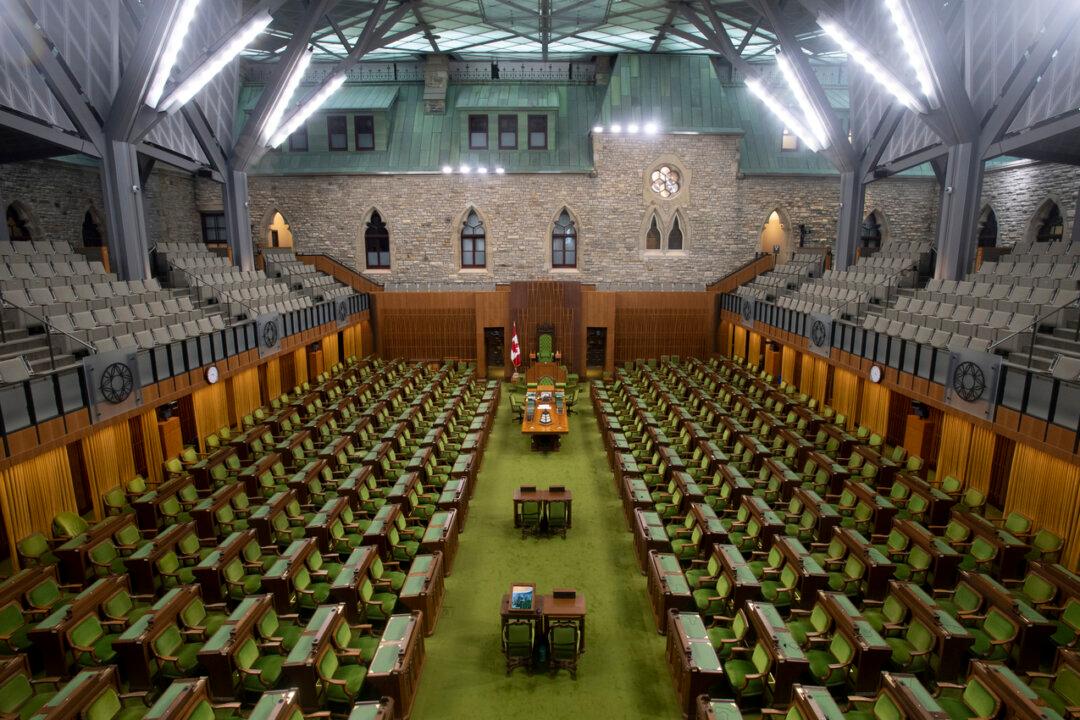Voting along party lines, a majority of MPs in the House of Commons voted on Feb. 21 to approve the extraordinary and temporary measures in the Emergencies Act invoked by Prime Minister Justin Trudeau.
The governing Liberals and the NDP voted to pass the motion for confirmation of the declaration of emergency, while the Conservatives and Bloc Québécois voted against it.





